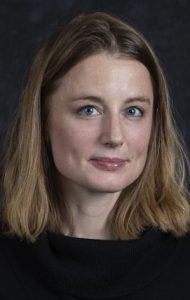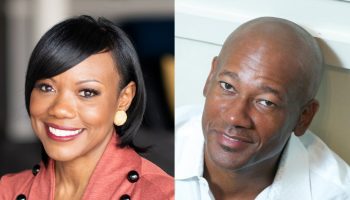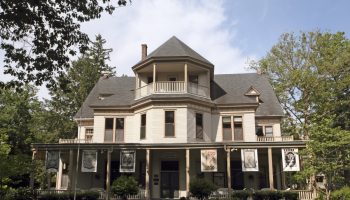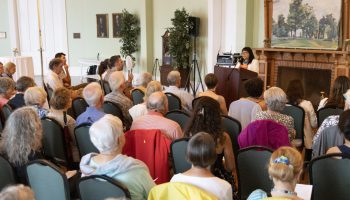How do authors describe a scene, setting or person without shattering the illusion of the story for its reader?

It’s a problem every fiction genre addresses differently, and one that has no single correct solution — yet for Hilary Plum, at least, the answer is clear.
“For me, character descriptions feel like they’re stepping out of the moment, like someone’s stepping back and describing them for the reader,” said Plum, an author, educator, editor, associate director of the Cleveland State University Poetry Center, and the judge for the 2020 Chautauqua Janus Prize. “I like to have descriptions that stay more immediately in the scene, which means they might be a kind of physical detail that builds the scene and builds the person.”
In short: It’s a balancing act. Too much description can feel cumbersome and digressive, while too little can vex the reader and give the impression of carelessness.
“These questions about how narration in fiction works are always elusive, because it’s all so artificial,” Plum said. “You’re providing something, you’re building the scene but maybe you’re leaving it a little bit blank or open, so they can fill in the rest.”
The asking of those questions is very much the point for Plum, the Week Six prose writer-in-residence at the Chautauqua Writers’ Center. In her week-long workshop, Plum planned on investigating the myriad problems and possibilities behind creating fictional characters with her students — and at 12:30 p.m. EDT Friday, Aug, 7, on the CHQ Assembly Virtual Porch, Plum will continue that investigation with a Brown Bag craft lecture on the subject.
For Plum’s own work — the memoir Watchfires and the novel Strawberry Fields — setting is important, and almost acts as a character in and of itself.
Strawberry Fields in particular deals with “how the news is building an American reader in a global context,” Plum said, and follows the experiences of several different journalists as they navigate the ethics of reporting.
“I was writing that novel to kind of deal with the experience of reading a lot of journalism, and I was trying to figure out what the experience of writing it was, what were the ethics of it, and to think about how we’re positioned or situated by the news,” she said. “I was very curious about what literature could do that journalism couldn’t. Why do we have novels if we have journalism?”
The way to figure that question out, Plum said, was to write a novel that was about journalism and about the types of moments and glimpses that don’t fit in journalism.
“Those are the kinds of moments that tend to be in that book: those that don’t resolve, that are ambiguous, that are quick and intimate perceptions,” she said. “Those moments were crucial for me.”




